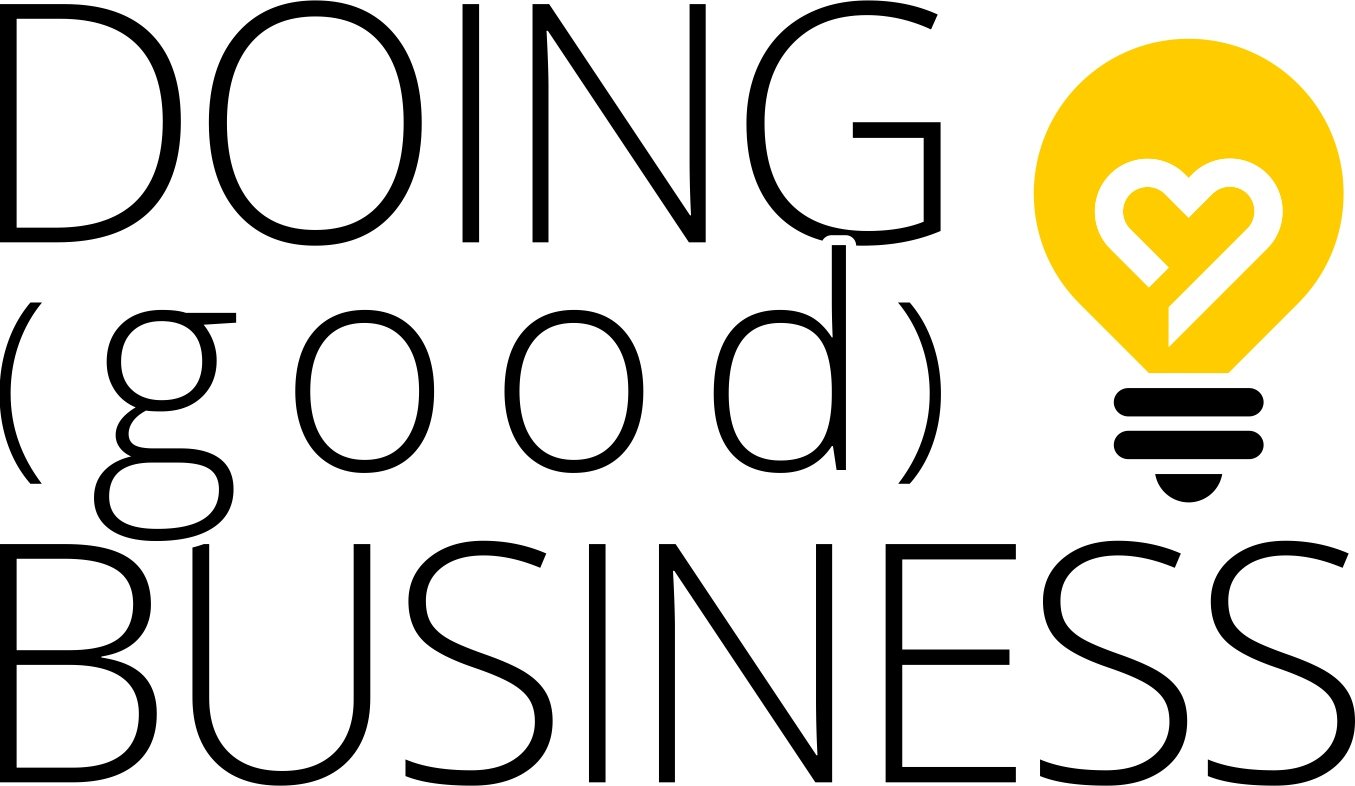Making Altruism a Part of Your Business Model
/Altruism and business? Yup -it’s a thing! While altruistic leadership hasn’t been well researched, it is defined as the guiding of others with the goal of improving their well-being or emotional state...and that’s definitely doing good business!
Kelly and Lara discuss past guests (we’re looking at you, Dr. Kristen Donnelly of Abbey Color in Philadelphia!) who demonstrate this, and recognizing companies who clearly have altruism as part of their culture.
Examples include:
Greyston Bakery, whose CEO said “we don’t hire people to bake brownies, we bake brownies to hire people” and the many publicly traded companies (like DaVita & Shake Shack) who are returning the PPP/Federal relief funds to the US government.
Kelly shares 3 aspirational questions to ask your team when discussing how to bring more altruistic practices in your organization:
What attracted you to this conversation? What drew you here to talk about what possibilities exist for the company to demonstrate a selfless concern for others?
What’s deeply important to us as a company (beyond making money) and why do we care about it?
When have you been involved in an altruistic act or an otherwise self-less project (no company ego) when you felt highly engaged? What made that possible?
This Seth Godin quote & a company called Eisai inspired Kelly:
“All of us, whichever job or project we choose to take on, do something to change the culture. That social impact, positive or negative is our choice. It turns out that all of us are social entrepreneurs. It's just that some people are choosing to make a bigger (and better) impact than others. It's a spectrum, not a label.”
Lara offers a practice to help leaders get clear on how to plan for whatever comes next.

